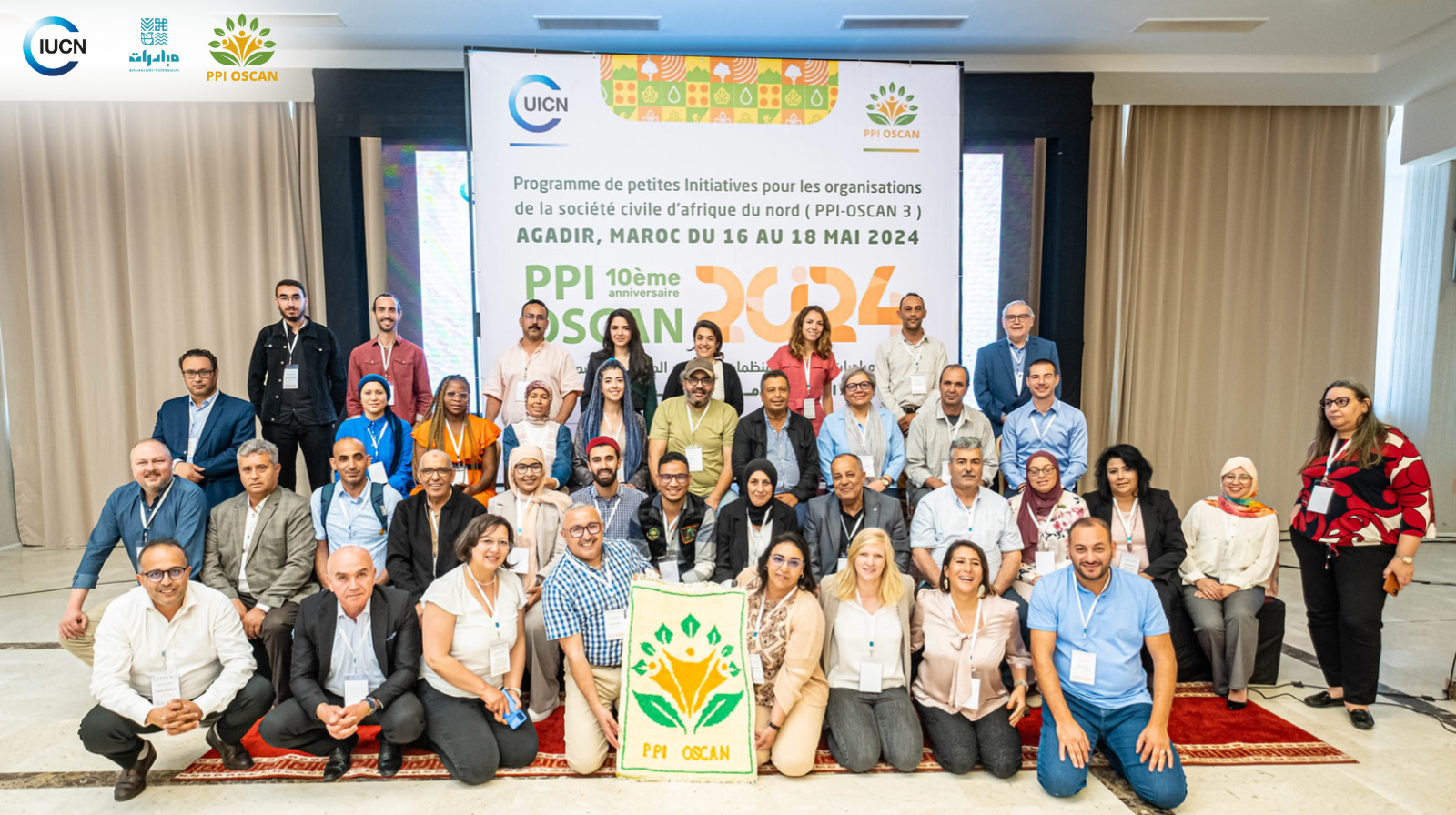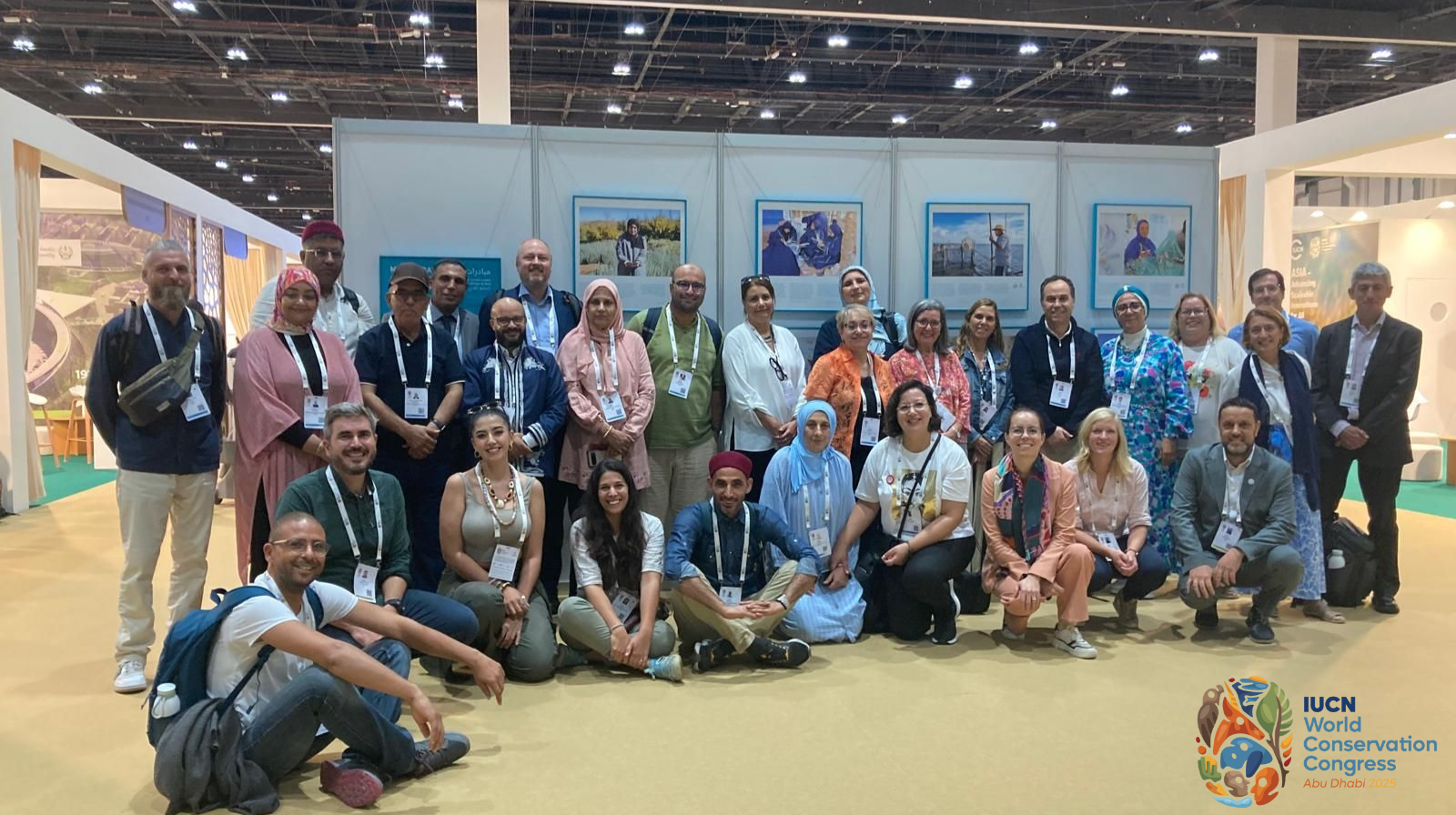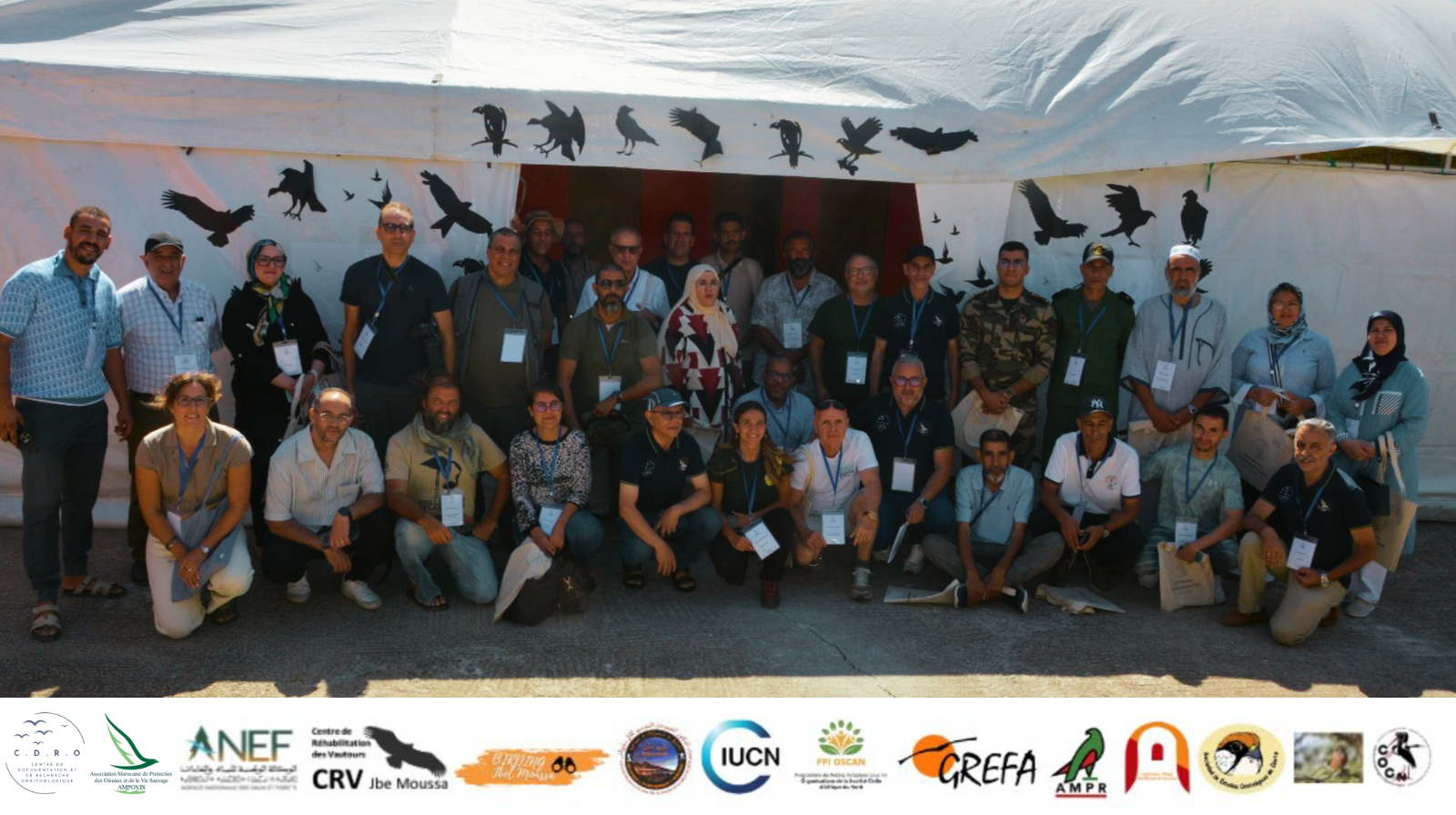Hidden Treasures of Malloula Bay:
Supporting Artisanal Fishing and Sustainable Tourism
In the far north-west of Tunisia, between the green hills of the Tabarka region and the crystal-clear waters of the Mediterranean, lies a little-known ecological gem: Malloula Bay. Long ignored by conventional tourist circuits, this bay is home to exceptional marine biodiversity, a veritable ecological treasure that just needs to be developed, protected… and shared.
With this in mind, the TunSea Association for Participatory Science, the first participatory marine science platform in Tunisia, has launched an innovative and ambitious project, supported by the TransCap 3 program: “Hidden Treasures of Malloula Bay: Support for Artisanal Fishing and Sustainable Tourism”.

Science, ecotourism and resilience: a project with multiple dimensions
The idea is simple but powerful: to combine scientific knowledge, citizen involvement and local development. TunSea, in close collaboration with local communities – fishermen, women, young people – has set itself the mission of studying the bay’s unique ecosystem, mapping its habitats and listing its marine species… while at the same time creating a sustainable economic activity that respects the environment: eco-responsible snorkeling.
Thanks to this project, 2 underwater trails of varying difficulty were created, marked out and tested over the summer. Now, by diving into the waters of Malloula, visitors can not only admire the richness of its seabed, but also learn to recognize local species thanks to the awareness panels installed along the way.

A natural nursery with a thousand resources

Malloula Bay was not chosen at random. Described by researchers (Bradai, 2000; Baccar, 2007) as a refuge for juveniles of numerous species, this area is a veritable coastal nursery that actively contributes to the renewal of fish stocks. Among the marvels that thrive here are the Posidonia meadows, thousand-year-old underwater forests that play a vital role in carbon sequestration, bottom stabilization, fish reproduction and much more.
The scientific monitoring carried out as part of the project has produced an impressive list of 142 marine and coastal species (out of 50 planned!), and mapped 9 distinct habitats with the active participation of local fishermen, women and young people.
Towards a marine protected area?
The results of this fieldwork confirm Malloula’s exceptional richness and reinforce its potential candidacy as a Marine Protected Area. By raising visitors’ awareness of the bay’s ecological value and ecosystem services, the project is also helping to forge a collective consciousness around marine conservation.
Opportunities for youth and local economy
Beyond environmental protection, this project opens up new economic opportunities: young people have been trained as underwater guides, women involved in the local development of resources, and artisanal fishermen are already benefiting from increased tourist traffic in their restaurants and inns. By combining sustainable tourism, environmental education and local employment, the project acts as a lever of resilience for the entire community.
When the local becomes a driving force for change
The project led by TunSea demonstrates that participatory science, when well rooted in local realities, can become a powerful engine of transformation. Thanks to the support of the TransCap program, Malloula is no longer just a corner of paradise: it becomes a model of local innovation, sustainable management of marine resources and a living learning place for present and future generations.








